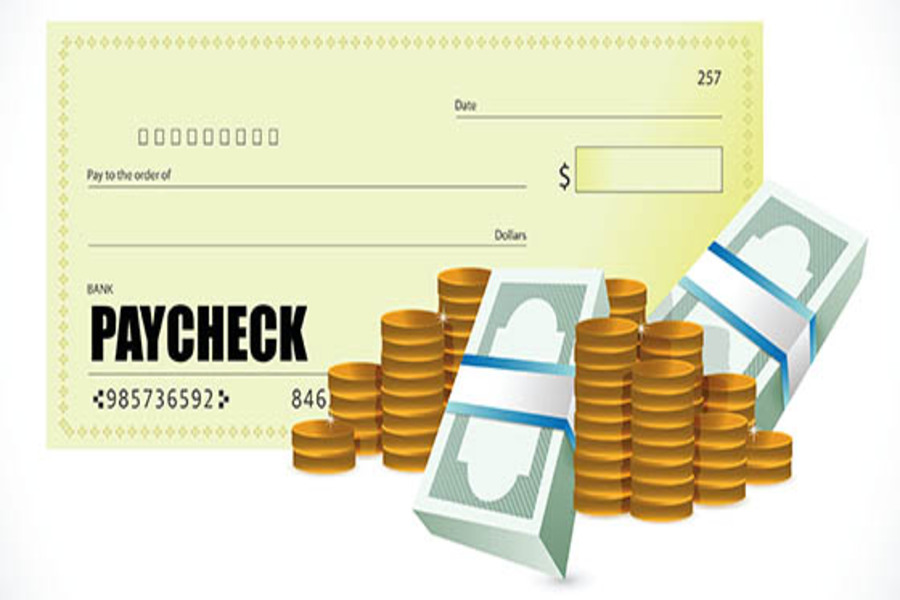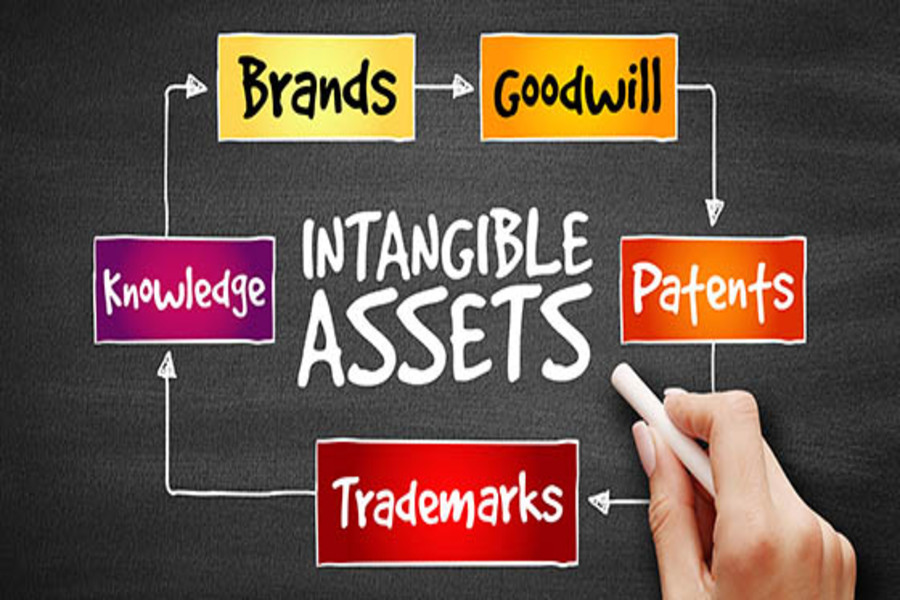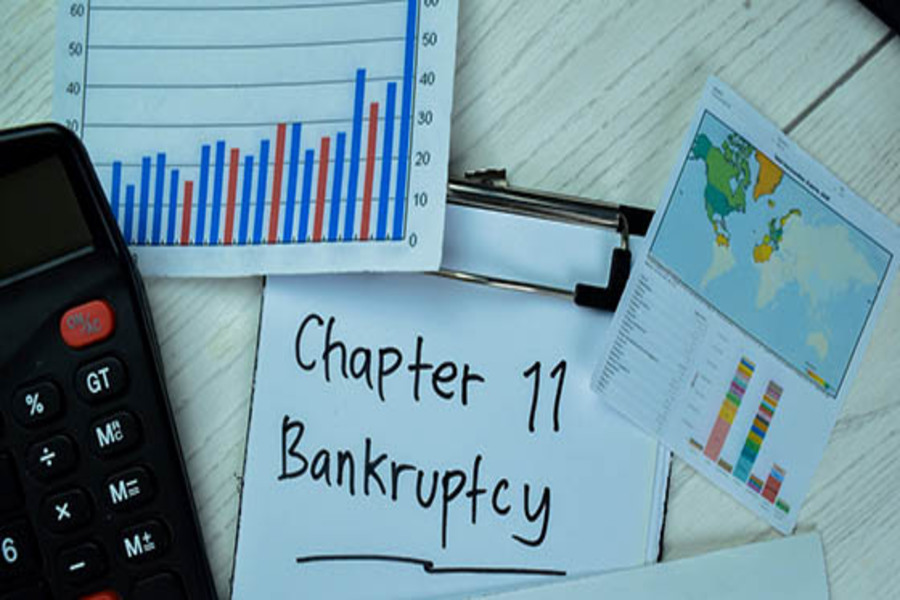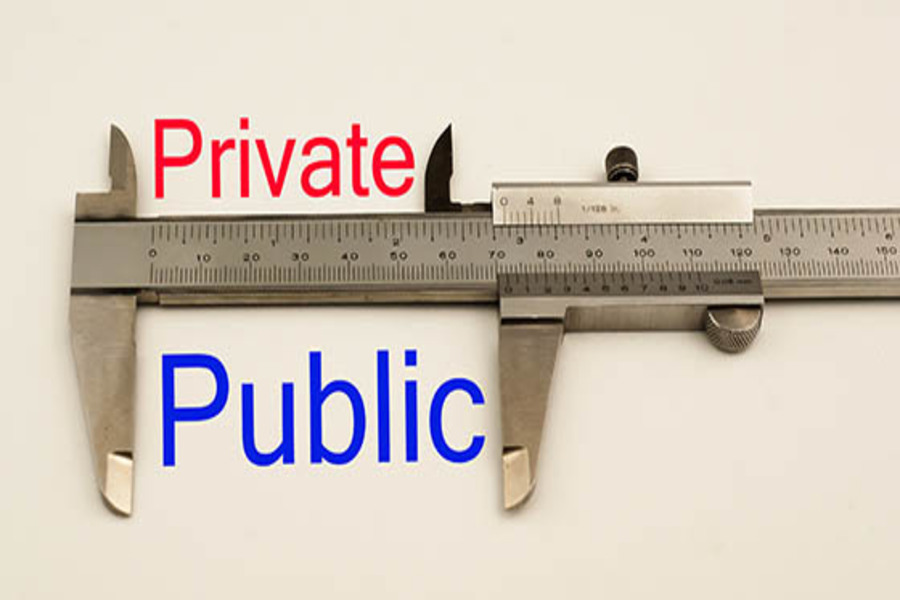The survival of many companies depends on relationships between key customers or vendors (or both). When one of these relationships is disrupted, for whatever the reason, one party may incur financial damage — perhaps even leading to its demise. And business valuation professionals often evaluate this lost value as a source of economic damages. Going, going, gone . . . In many cases, valuators will present a company’s alleged damages as lost past and/or future profits. For instance, if a vendor breaches a contract to sell materials at a contracted price, the business may be forced to pay a higher price to the vendor, assuming no immediate alternatives are available. If it takes six months to secure a new vendor at the originally contracted price, the company will...

An employee stock ownership plan (ESOP) can facilitate the transfer of a business to the owner’s children or employees over a period of years in a tax-advantaged way. However, the IRS recently issued a statement warning businesses about a range of compliance issues related to ESOPs and announcing plans to ramp up compliance enforcement. The IRS has identified numerous issues, such as improper valuation of employer stock, prohibited allocation of shares to disqualified persons and failure to follow tax law requirements for ESOP loans, causing the loans to be prohibited transactions. In light of this warning, business owners who are interested in pursuing an ESOP should seek the advice of business valuators and other professional advisors to ensure compliance with the rules. Here’s some critical information...
When preparing a business valuation, quantitative data — from tax returns, financial statements, contracts and other sources — is important. But there’s more to a company than numbers. Qualitative factors also contribute to a company’s overall value. It isn’t always easy, however, to gain insight into qualitative aspects of a business’s operations. Websites and marketing materials can provide only limited insight. So there’s almost no substitute for conducting a one-on-one interview with a company’s owner or management team. Answering key questions Depending on why a business valuation is being sought, your valuator will ask a variety of questions during the management interview. Among other things, interviews usually provide answers to the following key questions about a company’s operations and outlook: Does the company have adequate management depth? A company’s...
Reasonable compensation is an issue that comes into play in divorce, shareholder disputes and tax cases. It’s also a common financial statement adjustment that valuators make when valuing a business. Although experts are often hired to make the calculations, business owners and attorneys should understand how they do it. Multiple factors Valuators weigh a variety of factors when determining reasonable compensation for a specific business owner or executive, including: Role in the business. Many companies employ multiple executives, but they don’t all fill the same roles. Some are sales rainmakers, while others drive strategic direction or manage the day-to-day operations of the business. A valuator considers the experience and qualifications necessary to fill the individual’s specific job, as opposed to the qualifications the individual currently in the job...
Intangible assets — such as patents, copyrights, trademarks and customer lists — can have substantial value. But, unless they’re purchased from a third-party, you might not know what they’re currently worth. For example, if a business cultivates a well-known brand over several years using internal resources, it won’t appear on its balance sheet. Owners of intangibles need to know the value of these assets in various situations. For example, the value of intangible assets may be relevant when buying or selling a business, reporting acquired intangibles under U.S. Generally Accepted Accounting Principles (GAAP), licensing rights to or joint venturing with a third party, and litigating asset infringement or breach claims. The value of intangibles also can be important in matters such as divorce settlements and estate...
Most people equate business bankruptcy with liquidating a company’s assets and using the proceeds to repay creditors. That’s a Chapter 7 filing under the U.S. Bankruptcy Code, but closing shop isn’t a foregone conclusion in bankruptcy. Many companies instead file for Chapter 11 (reorganization) bankruptcy. This option allows a company to continue to operate, with the hope of turning things around. In the first half of 2023, both types of business bankruptcy filings surged in the United States. In particular, Chapter 11 filings were up 68% from the same period last year, according to Epiq Bankruptcy, a provider of bankruptcy statistics. This figure reflects only businesses involved in formal bankruptcy proceedings; many others are involved in informal, out-of-court reorganizations. Here are ways business valuation professionals can...
Do-it-yourself business valuations and the use of unqualified financial experts can increase the odds of making an error, misstatement or erroneous deviation from customary valuation practice. These faux pas could trigger (or worsen) an IRS inquiry or perhaps lead to an embarrassing courtroom mishap. Here are three common valuation pitfalls that qualified valuation professionals are specifically trained to avoid. Outdated data Business valuations are contingent on the subject company’s financial health, industry trends and general economic conditions on the valuation date. Like the balance sheet, they’re valid as of a specific point in time. As conditions change, a company’s value may change. To illustrate: Consider the novice appraiser who valued an event planning company using comparable data from the last 20 years. In the wake of the COVID-19 pandemic...
Divorce is never easy. But when the marital estate includes a private business interest, matters can become especially complicated. Here are some challenges that may be encountered when divorce proceedings require a business valuation. Data sharing Because divorce often is adversarial, the parties may withhold or slant information to protect their financial interests. For example, a spouse who owns a business might intentionally limit the opposing expert’s access to documents, facilities or management personnel. Or the owner-spouse might alter accounting records or hide assets. A valuation expert who’s involved in the discovery phase can compile a list of key documents and procedures to request from the judge. It’s important to obtain court approval of document requests, site visits and management interviews even in amicable cases, because in divorce...
Business valuation professionals often use public stock market data to value private businesses — even though there are critical differences between closely held and publicly traded companies. Here’s an overview of how valuators modify their analyses to take advantage of objective, market-based indicators of value. Recognizing key differences Public companies differ from private ones in the following five critical ways: Level of oversight, differing goals. The Securities and Exchange Commission requires public companies to file paperwork (such as annual 10-K forms) and comply with its rules and regulations (such as the Sarbanes-Oxley Act). Private businesses are generally exempt from these requirements, freeing them to focus less on earnings per share (a short-term performance metric) and more on long-term or non-financial goals. Additionally, private businesses commonly downplay...
There are many types of professional practices. Examples include medical, architecture, engineering, accounting, advertising, design and law. From a business valuation perspective, it’s important to recognize the common denominators these businesses share. Reliance on intangible assets Professional practices provide services rather than sell products (at least primarily). In addition, education, licensing and continuing education requirements may limit the individuals who can own and operate a professional practice. So, they tend to rely heavily on intangible assets, such as: Business and owner reputations, Client lists, Trained, assembled workforces, Procedural manuals, Noncompete agreements, and Professional licenses. Professional practices rarely report these intangibles on their balance sheets. Some valuation engagements — such as those related to a divorce or a business combination — may require valuators to identify and assign value...











